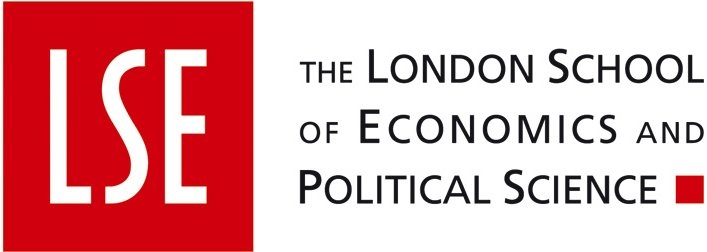The LSE students defined Fintech as the use of innovative technology to automate and ease the delivery, access and use of financial services. Using the Orbis EU companies database and machine learning techniques developed by EIF’s Research and Market Analysis team, the students analysed a random dataset of 150 000 firms from this emerging universe.
They found that Fintech companies are concentrated in the North of Europe with Germany (27%), the Netherlands (18%) and the UK (9%) dominating the landscape. UK companies attract more investments mostly from venture capital and private equity firms. However, when considering the rate of technological transformation within the financial sector (as measured by the relative size of the Fintech industry vis-à-vis the traditional financial industry), countries like Cyprus, Malta and Lithuania take the crown.
As with every new industry, regulation is a crucial challenge: 31% of Fintech firms are not subject to any regulation, 14% are subject to national regulation and 47% to EU regulation.Secure regulatory frameworks at a pan EU level can drive Fintech competition, encourage innovation and foster financial inclusion, concluded the students while institutional actors like the EIF can monitor and invest in the burgeoning Fintech industry (Fintech companies represent 0.2% of EU IT/Financial services firms).
Click here for the presentation.
Mapping the Fintech ecosystem in the EU was the fourth project conducted by the EIF with students from the London School of Economics’ Master of Public Administration (MPA) in the framework of a Capstone programme. As part of their curriculum, students are required to undertake a consultancy project on a selected topic relevant to a client organisation (a Capstone project). A number of international organisations such as the World Bank, EBRD, OECD and the UK Government are regular participants in the MPA Capstone programme.





